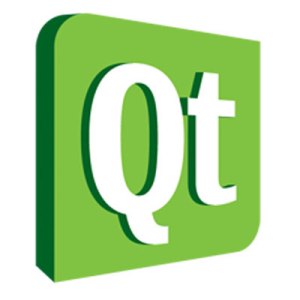
Although Microsoft and Nokia are still hashing out all the specific details of their high-stakes agreement that will see Nokia standardize on the Windows Phone platform, the company is already making moves to divest itself of its Symbian heritage: today Finland’s Digia announced it has entered into a deal to acquire Nokia’s commercial licensing and services businesses for Qt, the development framework used to develop Symbian applications and, more recently, MeeGo.
Nokia and Digia expect the transaction will be complete by the end of March, although the financial details of the deal were not disclosed.
Qt—pronounced “cute”—is the interface and application framework that developers use to develop Symbian applications for phones and embedded systems. Although highly regarded in the development community, Qt isn’t actually something Nokia came up with on its own: it acquired Qt from Trolltech back in 2008. The framework is currently being used by about 3,500 developers of phone, embedded, and desktop applications; all those customers will be transferred to Digia when the deal closes.
The deal covers commercial licensing of Qt and related services: it is not a sale of Qt itself, which is available under both commercial and LGPL licenses. Nokia has announced plans to convert Qt to an open governance model. Nokia says it expects its Qt technical support team will work closely with Digia during the next year to transition licenses and arrangements smoothly. Digia also plans to bring over 19 people from Nokia’s technical consulting services team.
Although Nokia plans to transition to Windows Phone and phasing out Symbian from its product lineup, Qt will still be an important part of Nokia’s toolbox for a while.
“Qt continues to be an important technology for Nokia and it is critical that Qt’s growth and success can continue,” said Nokia’s head of MeeGo, Qt, and WebKit Sebastian Nystroem, in a statement.


